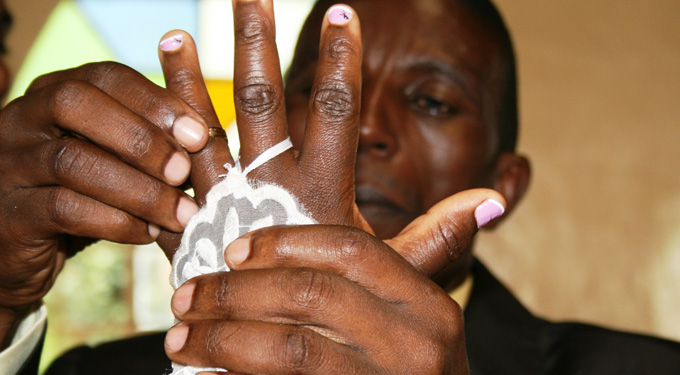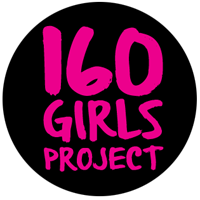What is ‘3 to Be Free?’
‘3 to be Free’ is an action plan to address the legal impunity for marital rape in 3 countries, Kenya, Ghana and Malawi, in 3 years, using 3 strategies: education, policy reform, and litigation.
Why ‘3 to Be Free’?
Legal impunity for marital rape means that men can rape their wives without facing legal prosecution. Legal impunity for marital rape means that women are treated as chattels, leaving them vulnerable to other kinds of violence and vulnerable to health risks such as HIV/AIDS. In taking marriage vows, women should not be required to abdicate control over their own bodies; married women should have the right to say “no”. Equality within the institution of marriage is a prerequisite of equal citizenship.
‘3 to Be Free’ Action Plan
Marital rape is allowed under the Penal Codes in e²’s partner countries – Kenya, Malawi and Ghana. The “3 to be Free” marital rape initiative is examining the issue of legal impunity for marital rape through the lenses of domestic law and practice, and regional and international human rights instruments. The consideration of the Canadian experience of criminalizing martial rape provides significant insights (marital rape was criminalized in Canada in 1983). The legal analyses developed through the “3 to be Free” research work will be used to inform the development of equality activities, such as legal education, policy reform and litigation.
The benefits of ‘3 To Be Free’
If the legal impunity for marital rape is addressed, women will achieve increased equality under the law, and in their marriages – women will be recognized as persons, not property. This will help to establish a culture of accountability for women’s human rights, and to improve the physical safety and security of women. The recognition of the right of married women to live lives free of sexual violence will constitute an historic landmark achievement in the protection and promotion of women’s rights.


